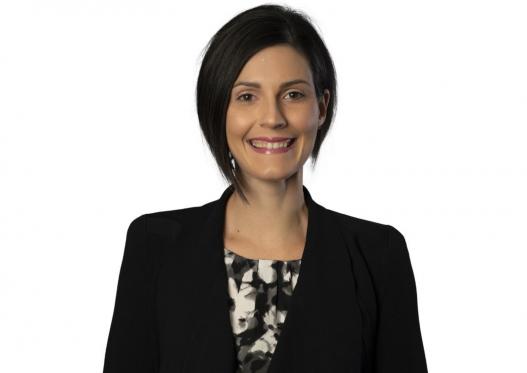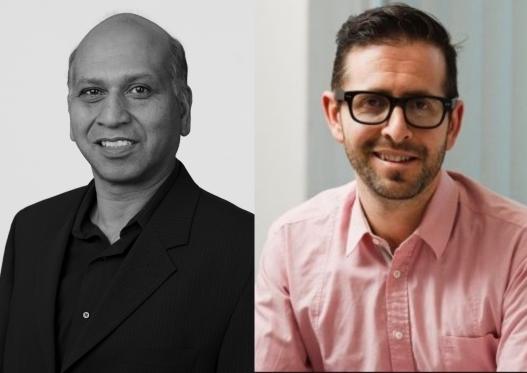New voices are joining in calls for widespread industry accreditation and higher professional standards in the wake of scandals in the financial services sector.
Non-bank lender Judo Capital’s CEO Joseph Healy says banks should insist that all their staff be held to a set of high professional standards. Failing that, he says regulators should insist bankers must be accredited with a professional body to work in the industry.
“The world has moved on with these issues. The industry needs professional standards and anyone seeking to work in the industry must have qualifications.”
He says all bankers who work for Judo must be professionally qualified through FINSIA. “This is not negotiable. Everyone must do FINSIA’s professional qualification program.”
Judo specialises in providing loans to the small business sector. It takes its name from the Japanese martial art judo, in which opponents use their size to gain an advantage over each other. It aims to use its relatively small size versus other larger industry players as a competitive advantage when taking market share.
Banking and the financial crisis
Healy walks the talk, undertaking professional qualifications and being prepared to update them over time. He has been a member of The Chartered Banker Institute in the UK since the 1990s, undertaking its initial qualification and a decade ago following this up with a further professional qualification combined with a Master of Business Administration (MBA) degree.
“After the financial crisis, financial services changed. Looking at the regulatory environment it was important to understand deeply what caused the problem, the conduct of banks and the role of regulators in that,” he says, commenting on why he chose to go back to school.
In light of the Financial Services Royal Commission and other crises in the sector, Healy says it’s now more important than ever for bankers to undertake professional qualifications.
“Society has lost trust in banks. Lack of professionalism is at the core of the problem; professional standards have fallen into a state of disrepair. The lack of ethics represents an embarrassment for the industry. Given the role banks play in society, people dealing with customers must have high professional standards.”
He also says the industry must do more work to improve basic credit assessment and risk management skills. “Understanding risk is not just the responsibility of the credit department; it is core to what it means to be a banker.”
Healy believes the financial services sector has lost sight of the importance of the ‘Four Cs’ of credit – character, capacity, capital and collateral.
“It’s not common you will find a banker well versed in the art and science of risk management. It tends to be a specialist area and it shouldn’t be. The nature of the social licence banks need to operate means bankers should specifically understand the nature of banking and the responsibilities that go with that.”
Banking in the future
According to Healy, professional standards in banking have fallen so low the industry can no longer call itself a profession.
“Huge mistakes have been made and we need to rebuild trust. Now, we must establish stronger professional standards and define what it is to be a banker.”
It’s an opportunity for all businesses in the financial services sector to commit to higher professional standards, ensure staff understand what it means to be a professional and act accordingly.
How to futureproof your career
FINSIA has a range of professional qualifications, short courses and workshops covering key areas of financial services. Whether you’re new to the industry or want to translate years of experience into a qualification, FINSIA has an option available that’s right for you.
With qualifications, short courses and workshops these are just three of the ways you can learn more about how to be more professional and ethical in your work.
Not sure which option is right for you? Check out the education hub here to learn more.








